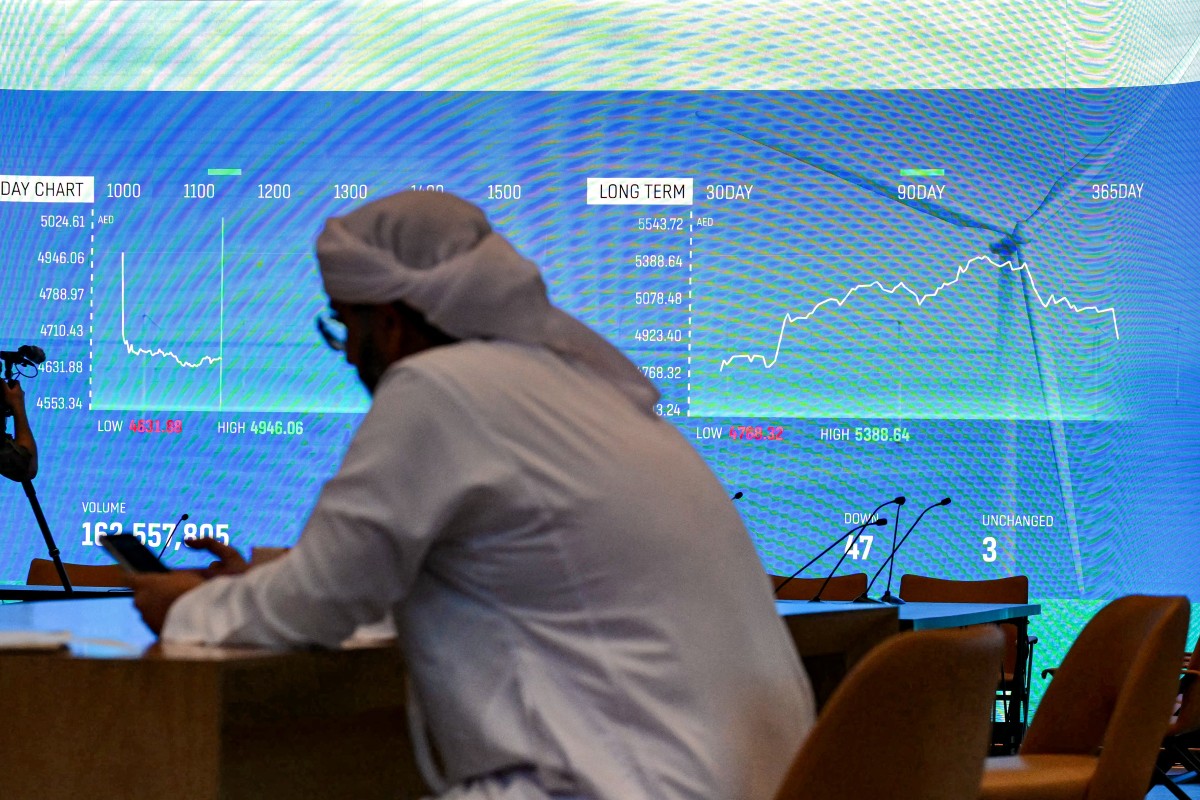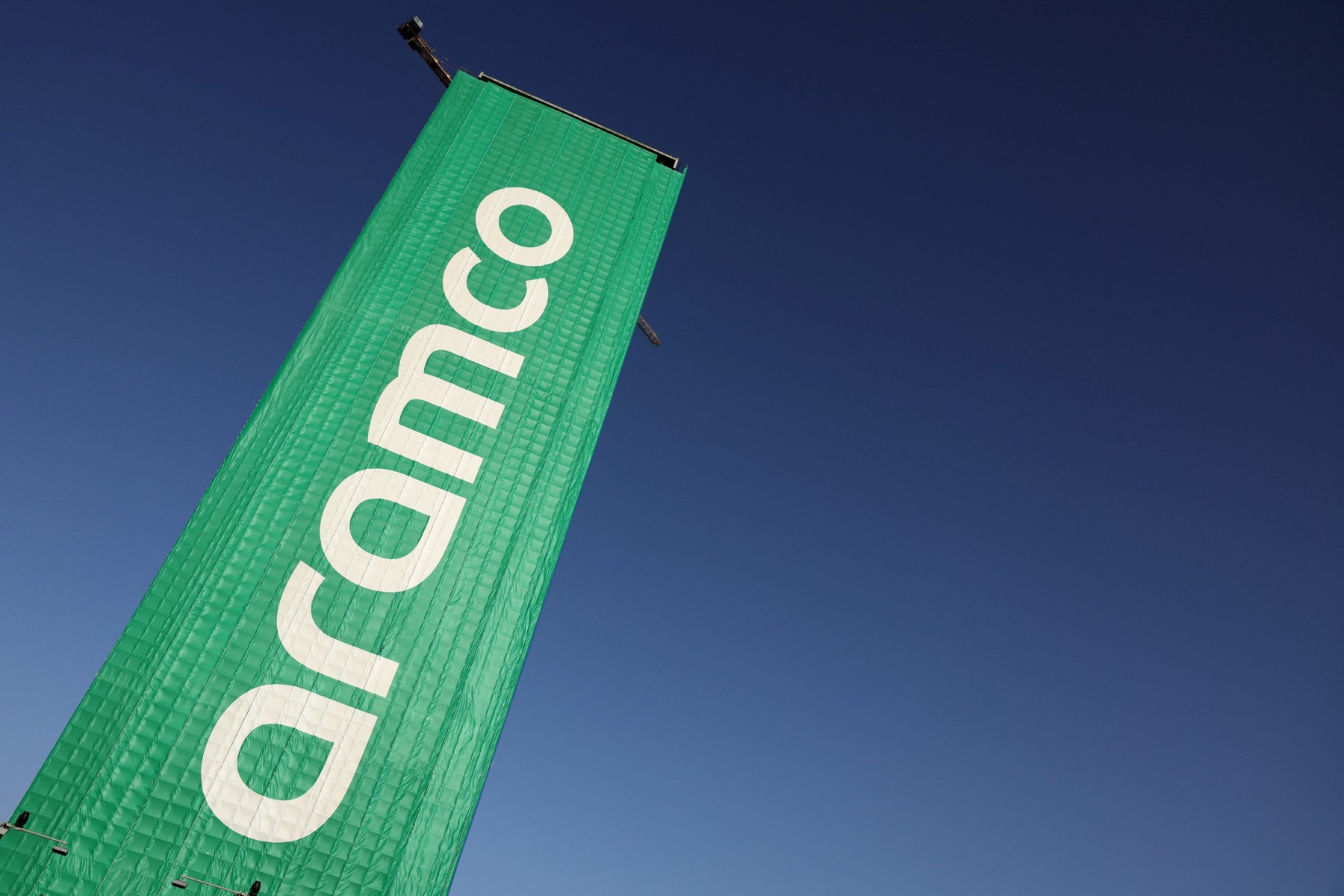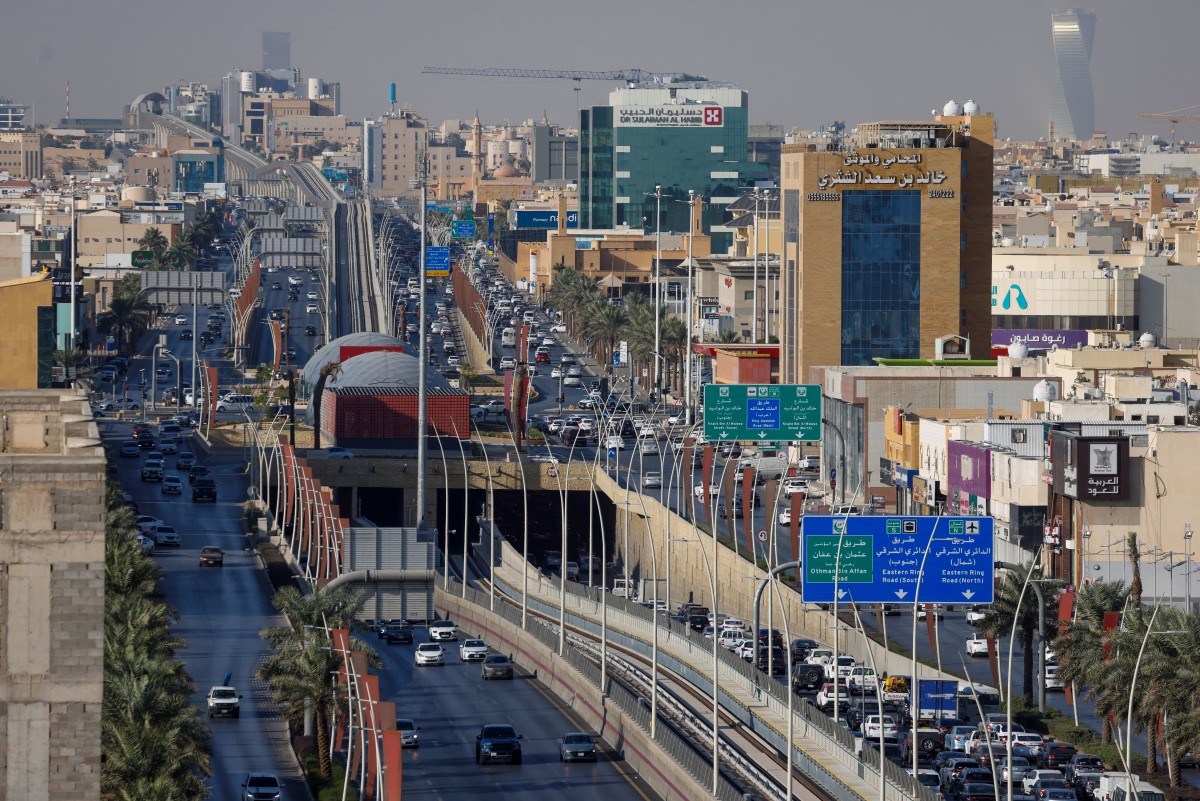The US President Donald Trump’s tariffs ranging from 10 percent to 50 percent on countries worldwide has sent shockwaves through global markets. The Middle East and North Africa (MENA) region is no exception, with both allies and adversaries feeling the impact. Atlantic Council experts have provided in-depth analyses of how these tariffs are affecting the region in a report published on its website.
The Exporter-Importer Divide and Intra-MENA Trade
Racha Helwa, Senior Economist and Director of the empowerME Initiative at the Atlantic Council’s Rafik Hariri Center for the Middle East, highlighted the differentiated impact on Gulf oil exporters versus import-reliant economies:
“Gulf oil exporters are closely watching global demand and price movements. Both Saudi Arabia and the UAE find their direct trade with the U.S. only modestly affected—each was hit with a ten percent US tariff on goods, but energy exports like crude oil are exempt. The bigger concern is indirect. Fears of a trade war-fueled recession have already driven oil prices down; Brent’s steep drop below $75 reflects worries that slower Chinese and European growth could sap oil demand,” Helwa is quoted in the report carried on the Atlantic Council website.
She further noted the challenges for oil-importing economies:
“For MENA’s oil-importing economies, the tariffs pose a different set of challenges. Higher energy prices (if Russian oil is effectively curtailed) would strain their trade balances and stoke inflation.”
Middle East Allies Can’t Escape Trump Tariffs
Jonathan Panikoff, Director of the Scowcroft Middle East Security Initiative and a Senior Fellow with the Atlantic Council’s Geoeconomics Center, pointed out the broad reach of the tariffs:
“President Trump’s ‘reciprocal tariffs’ are hitting both allies and adversaries across the world, and Middle East countries, which sought to preempt being impacted by them through promises of investment and removal of their own tariffs, are no exception.”

He also discussed the potential economic implications for Gulf Cooperation Council (GCC) countries:
“Many of the GCC countries will be relieved that energy is exempted from the new US tariffs, but many GCC countries’ currencies—including Saudi Arabia, Qatar, Oman, and the UAE—are pegged to the dollar. As a result, while they may escape the primary implications of tariffs in the energy sector, an increase in US inflation will have a direct secondary impact on GCC countries (and Jordan, which also pegs to the dollar), as well.”
Down-line Risks to Gulf Oil Economies
Inwook Kim, Nonresident Fellow with the empowerME Initiative at the Atlantic Council’s Rafik Hariri Center for the Middle East, emphasized the broader implications for oil markets in the report:
“Trump’s tariffs will have profound implications on the global oil trade and, consequently, the MENA’s oil-dependent economies. Tariffs generally dampen market demand by raising consumption cost and introducing uncertainty about the future. US tariffs are likely to weaken the world’s consumption, which in turn would reduce oil demand. As a result, oil prices would decline, dealing a blow to the region’s oil producers.”
Tariffs May Hinder Morocco’s EV Battery Ambitions
Sarah Zaaimi, Resident Senior Fellow for North Africa focusing on Morocco at the Atlantic Council’s Rafik Hariri Center and Middle East programs, expressed concerns about Morocco’s emerging industries:
“The ten percent US tariff and the upcoming higher tariffs on cars and car parts imposed on Moroccan exports represent a significant setback for the kingdom’s ambitions in the electric vehicle (EV) battery industry.”
She elaborated on Morocco’s strategic positioning:
“Morocco has been assertively positioning itself as one of the major contenders in the Electric Vehicle (EV) space, thanks to its abundant lithium iron phosphate resources and its ambitious aeronautics and automotive industry.”
Business as Usual for Iraq
Ahmed Tabaqchali, Nonresident Senior Fellow with the Atlantic Council’s Middle East Programs, observed that Iraq’s situation remains largely unchanged:
“The impact of President Trump’s reciprocal tariffs on Iraq is effectively zero. Almost all of Iraq’s exports to the US are oil, which are exempt from reciprocal tariffs.”

However, he cautioned about indirect effects:
“The impact for Iraq would be indirect and felt through lower oil prices, which result from lower demand for oil and hence lower prices due to the risk posed to world economic growth from US tariffs and potential counter tariffs.”
Uncertainty for MENA Entrepreneurs
The new tariffs introduce significant uncertainty for small and medium-sized enterprises (SMEs) in the MENA region. These businesses, often considered the backbone of MENA economies, may face increased costs for raw materials, disrupted supply chains, and market volatility, all of which could hinder their growth and expansion efforts.
Gulf stock market crash
Meanwhile, the Saudi stock exchange was down 6.78 percent on Sunday, the worst daily loss since the Covid-19 pandemic according to state media, after sweeping US trade tariffs sent global markets tumbling.
President Donald Trump’s tariff offensive unleashed this week has sparked a global stock market rout, also raising fears of a general trade war and recession.In Saudi Arabia, the state-run Al-Ekhbariya television channel reported online that “the Saudi stock index closed trading down (nearly) 7 percent, losing more than 800 points” on Sunday.
The network called it “the largest daily loss in five years” since the early days of the Covid-19 pandemic, with dozens of Saudi companies including oil giant Aramco in the red.“Trump’s tariffs weighed heavily on global markets, and specifically today on Saudi markets,” Al-Ekhbariya reported.
The utilities sector was down 8.4 percent, banking 6.9 percent, telecommunications 5.9 percent and energy 5.29 percent, it added.Shares in Saudi Aramco — the crown jewel of the kingdom’s economy — fell 6.2 percent.Other Gulf markets also took a dive, reflecting global trends as countries around the world grapple with Trump’s shock tariffs affecting US allies and rivals alike.According to official news agencies, Kuwait’s primary index fell 5.7 percent, the Qatari stock exchange was down 4.2 percent, and in Oman, the Muscat stock market closed with a 2.6-percent decline.








